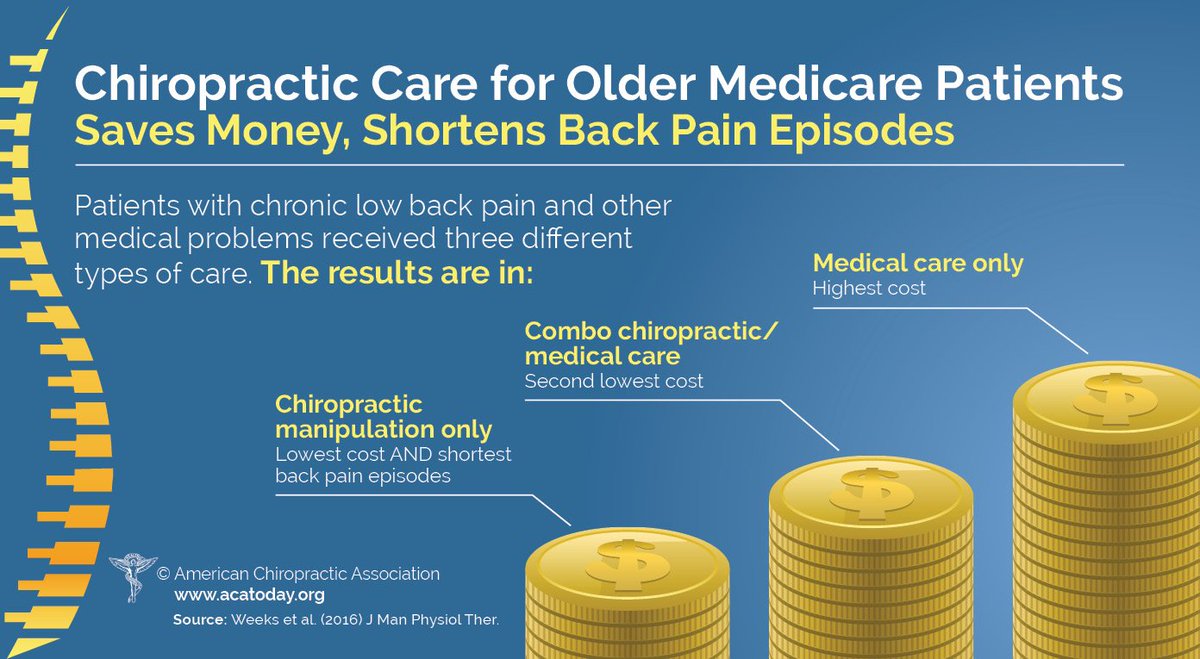Nutrition And Its Importance In Neck And Back Pain Control: Foods To Support And Foods To Avoid
Nutrition And Its Importance In Neck And Back Pain Control: Foods To Support And Foods To Avoid
Blog Article
Write-Up Writer-Livingston Sharpe
When it concerns handling your pain in the back, the food choices you make can substantially impact just how you feel every day. Picture having the ability to ease your pain merely by readjusting what you consume. By recognizing the duty of nourishment in back pain management and understanding which foods to incorporate or avoid, you can take positive actions in the direction of a much healthier and much more comfy way of living. The link in between nutrition and back health is much more extensive than you may realize-- let's explore exactly how certain foods can either calm or intensify your pain in the back.
Value of Nutrition in Neck And Back Pain
Nourishment plays a critical function in taking care of neck and back pain. Your diet plan can significantly affect inflammation degrees and general pain levels in your back. Consuming a balanced diet regimen abundant in nutrients like vitamins D and K, calcium, magnesium, and omega-3 fatty acids can help reduce swelling and strengthen bones, which are essential for back health and wellness.
In addition, preserving a healthy weight via appropriate nutrition can relieve stress on your back, reducing the danger of back pain.
In addition, certain nutrients like antioxidants discovered in vegetables and fruits can aid fight oxidative stress and anxiety and advertise healing in the body, consisting of the back muscles and back.
On the other hand, eating extreme amounts of processed foods, sweet beverages, and harmful fats can contribute to inflammation and weight gain, intensifying neck and back pain.
Foods to Eat for Back Wellness
To support a healthy and balanced back, integrating nutrient-rich foods right into your daily dishes is key. Including foods high in antioxidants like berries, spinach, and kale can help in reducing inflammation in your back, alleviating pain and discomfort. Omega-3 fatty acids located in fatty fish such as salmon and mackerel have anti-inflammatory homes that can benefit your back health and wellness.
In addition, taking in nuts and seeds like almonds, walnuts, and chia seeds gives important nutrients like magnesium and vitamin E, which support muscle function and decrease oxidative stress and anxiety. Incorporating lean proteins such as hen, turkey, and tofu can aid in muscular tissue repair service and upkeep, promoting a strong back.
Don't forget to include milk or strengthened plant-based choices for calcium to support bone health. Last but not least, moisturize with a lot of water to keep your spine discs moisturized and working ideally. By consisting of these nutrient-dense foods in your diet regimen, you can nurture your back and support overall back health and wellness.
Foods to Avoid for Neck And Back Pain
Opt for preventing refined foods high in sugarcoated and trans fats when seeking remedy for neck and back pain. These types of foods can contribute to swelling in the body, which may intensify pain in the back. Say no to sweet snacks like candy, breads, and sugary beverages, in addition to convenience food things like hamburgers, fries, and fried hen that are commonly packed with trans fats.
Furthermore, stay away from foods having high degrees of refined carbs, such as white bread, pasta, and breads, as they can surge blood sugar level levels and possibly intensify swelling in the body.
It's likewise wise to restrict your consumption of foods high in hydrogenated fats, like red meat and full-fat dairy items, as they can contribute to swelling. Refined foods like deli meats, chips, and packaged snacks are commonly high in hydrogenated fats and need to be eaten in small amounts.
lumbar back pain
In conclusion, focusing on your diet regimen and making wise food choices can have a significant effect on managing pain in the back. By including random back pain -rich foods like berries, fatty fish, nuts, and lean proteins, and staying clear of refined and sugary products, you can help reduce inflammation and support in general back health. Bear in mind, what you eat plays an essential role in how you feel, so see to it to prioritize your nutrition for a much healthier back.
